6. River’s Edge (1986)
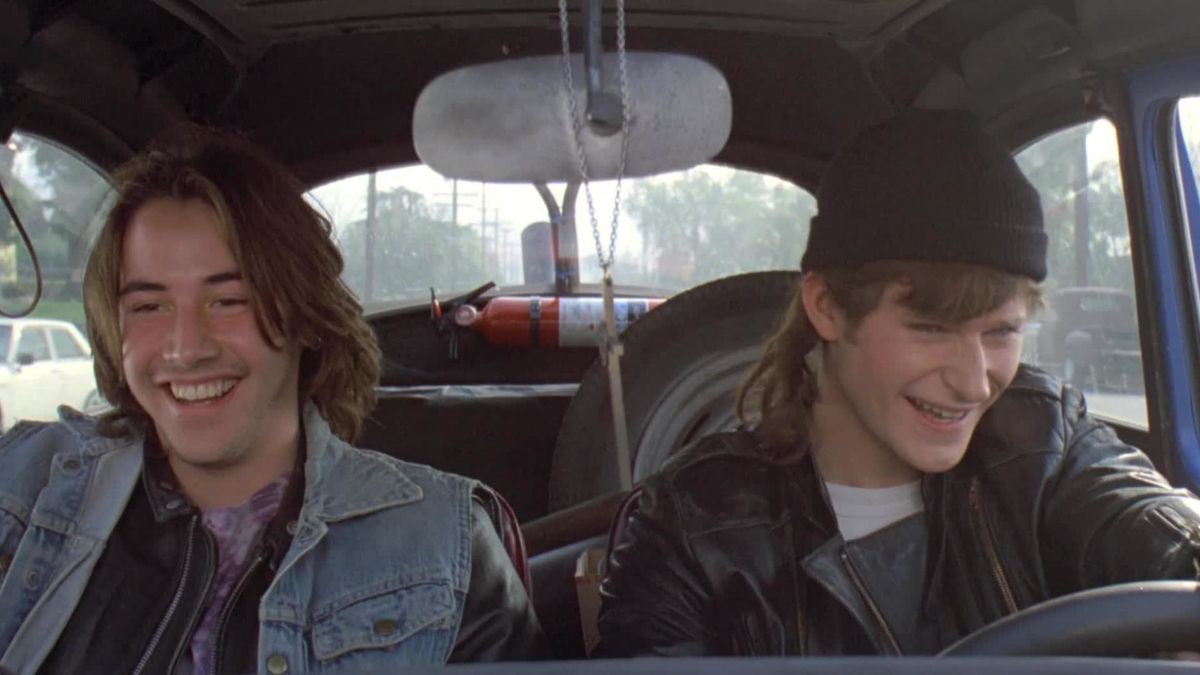
Tim Hunter’s River’s Edge gave us a chilling portrait of teenage disaffection and moral apathy years before Donnie Darko (2001) or Bully (2001). Based loosely on a true crime, it follows a group of high schoolers who discover that one of their friends has murdered his girlfriend.
Keanu Reeves gives a quietly effective early performance, but Crispin Glover nearly pulls the rug from under him with a wonderfully twitchy display. Dennis Hopper also features as a one-legged recluse with a blow-up doll girlfriend. No, that’s not a typo.
River’s Edge is an efficacious and at times deeply haunting film; often discarded or simply forgotten about by many, but it remains a truly impressive piece of work, especially for Hunter who mainly plies his trade in television.
7. Rampage (1987)
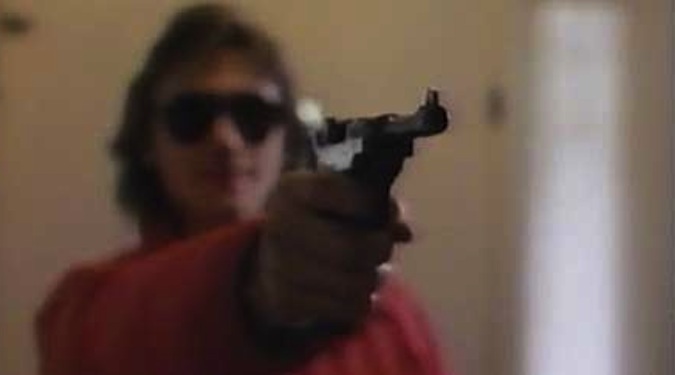
William Friedkin’s Rampage is one of his most overlooked works—a courtroom thriller that shares moral conflictions Jonathan Demme’s better known The Silence of the Lambs (1991).
Loosely based on real events, it follows a District Attorney (Michael Biehn) trying to prosecute a mentally ill mass murderer, raising questions about sanity, justice, and the death penalty. At times troubling yet constantly gripping, Rampage has become a discarded document that never gets mentioned anymore; despite its similarities with Friedkin’s final feature film, The Caine Mutiny Court-Martial (2023), it’s still failed to get any sort of posthumous reappraisal for him.
Friedkin once cited it as one of his most personal films, and the fact that Rampage was initially pulled from release and later re-cut suggest it was a victim of poor distribution and timing, and well overdue a reassessment.
8. Mississippi Burning (1988)
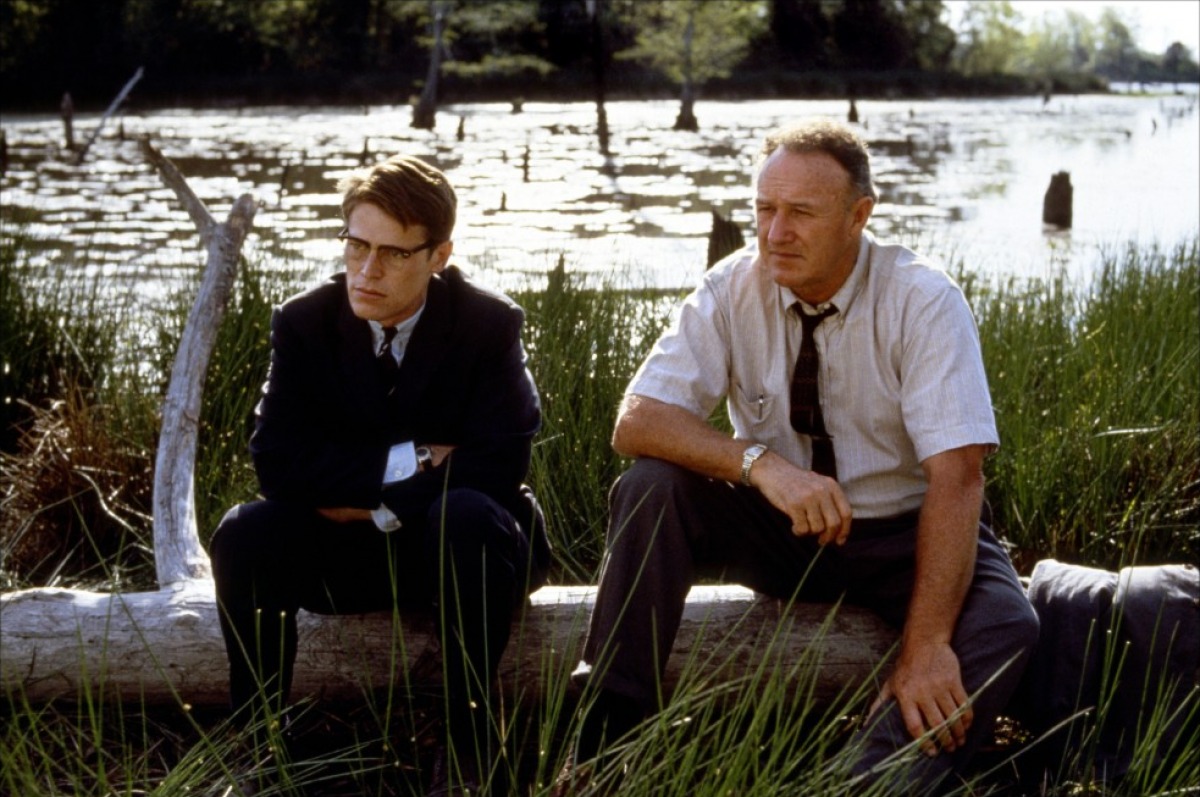
Alan Parker’s civil rights drama is hardly an unknown film, but its controversial reception has arguably overshadowed its impact. It concerns Gene Hackman and Willem Dafoe as FBI agents investigating the disappearance of three civil rights activists in 1960s Mississippi.
While criticised for centring white protagonists, the film nonetheless captures the rage and horror of the era with searing intensity. It’s frequently a very difficult watch but constantly engrossing. Hackman is especially good, blending charm and menace in equal measure, something he might be well known for, but in this setting, it feels like there’s genuine peril in every scene.
Brutal, incendiary, and at times deeply uncomfortable, Mississippi Burning remains one of the more effective depictions of America’s violent racial past—worthy of more discussion than dismissal.
9. Broadcast News (1987)
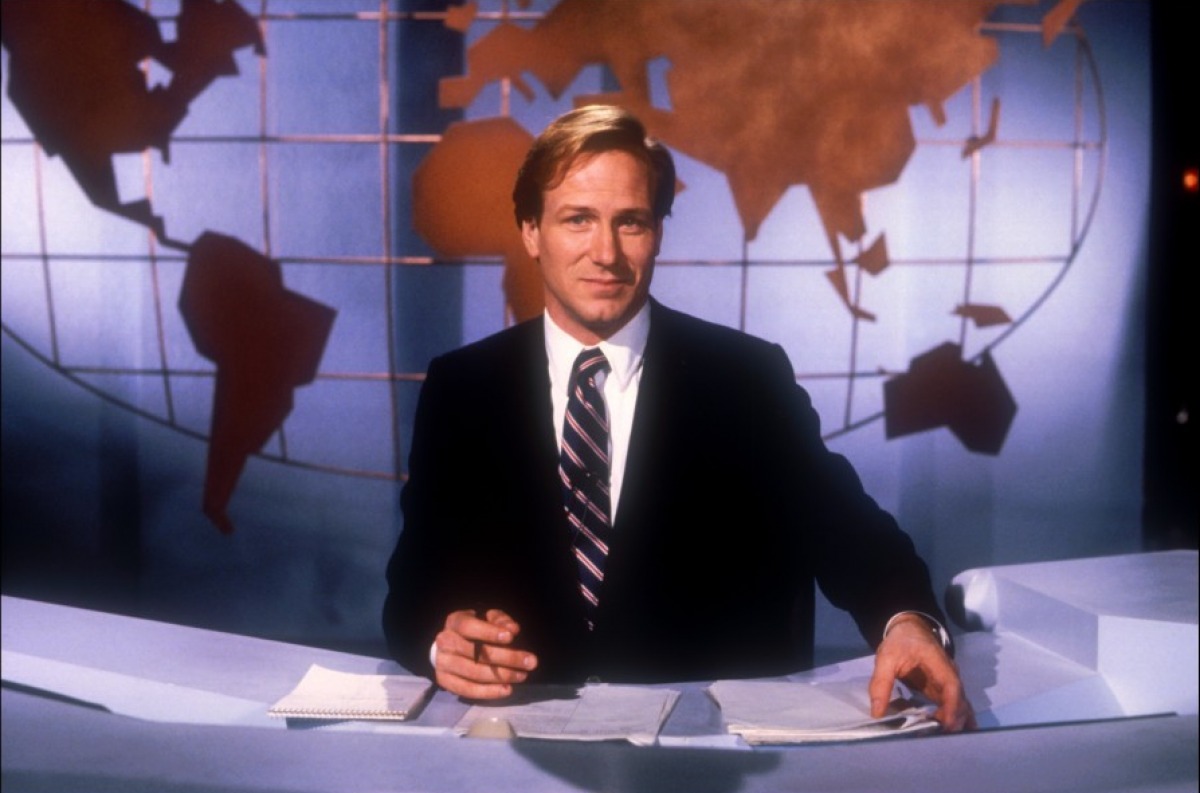
James L. Brooks’ romantic newsroom comedy might not seem like a “classic” in the traditional sense—but Broadcast News is smarter, sharper, and more emotionally resonant than most films of its era.
A superb Holly Hunter is Jane; a career driven television producer who becomes entangled in a love triangle with long-time friend Aaron (a truly excellent Albert Brooks) and a handsome young journalist Tom (an always reliable William Hurt).
It’s also superbly written, which is of course key considering much of the film is set in a fast paced highly stressful working environment; meaning that the back and forth between the actors is electric. Broadcast News also features an amusing cameo from Jack Nicholson, who barely gets any screen time and yet manages to inject a satisfying amount of smarminess and cutthroat attitude to the newsroom to make it worthwhile.
Broadcast News is one of the best-written films of the decade, and a time capsule of the media’s shifting ethics; perhaps sometimes overshadowed by Sidney Lumet’s masterpiece Network (1976), Brooks’ film without deserves to be mentioned in similarly glowing terms.
10. Colours (1988)
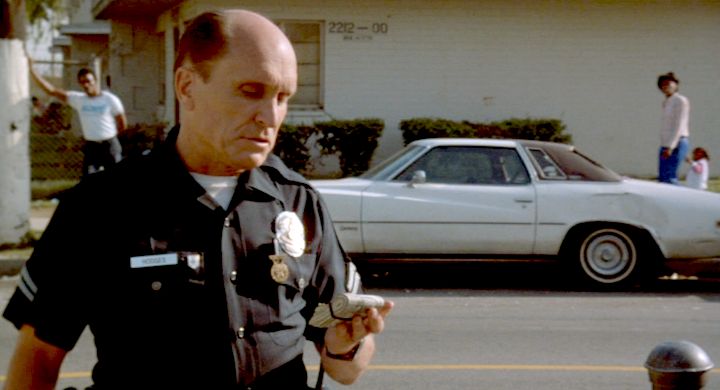
Dennis Hopper’s return to the director’s chair after eight years (his first since 1980’s Out of the Blue) saw him tackle the gang crisis in late-’80s Los Angeles with Colours; a raw, often uncomfortable look at policing, territory, and community.
Sean Penn plays the hot-headed rookie cop, Robert Duvall his weary partner, and the film never shies away from the violence and disturbing subject matter. It’s a much more hard-hitting cop drama than Clint Eastwood’s The Rookie (1990) which came a couple of years later and shares more in common with David Ayer’s Oscar winning Training Day (2001) or even television’s astonishing series The Shield (2002-2008).
Hopper reportedly clashed with studios over the film’s tone, which is understandable—it doesn’t offer many moral victories or easy solutions. But its street-level realism, use of actual gang members, and sun-scorched cinematography give Colours an edge that sets it apart. It’s rough around the edges, and well overdue a reassessment to ensure a widower audience.